On Leadership
10 alumni share lessons learned on their own personal leadership journeys.
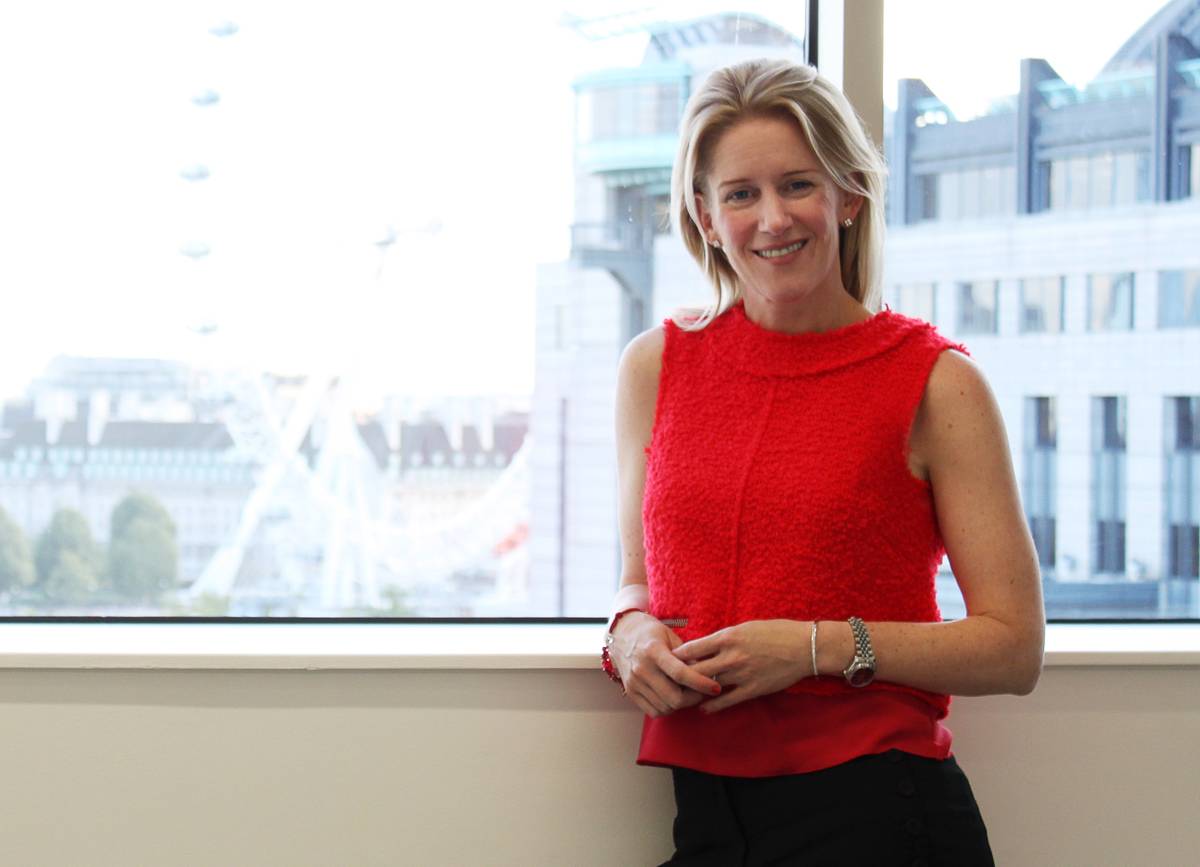
For more than a century, Tuck has prepared students for a career in business leadership.
And while the world has changed considerably since 1900, the leadership traits and attributes that distinguish our graduates have not. Here, 10 alumni share lessons learned on their own personal leadership journeys.
Jayne Hrdlicka T’88
Group CEO, Jetstar Airways
Member, Tuck Asian Advisory Board
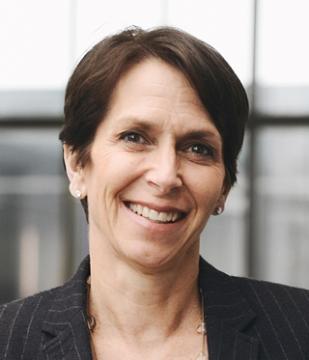
Get to know the people you are responsible for leading.
There are lots of ways of doing the same thing. And “different” is not bad. “Different” needs to be understood and respected. Many times, “different” is better.
I am very passionate about the importance of diversity of thought, which comes through diverse teams.
If you walk into a new situation ready to listen, learn, and truly understand where others are coming from, you get much further, faster.
Tuck was a really healthy place to learn humility, build confidence, and understand the importance of relationships.
Michael Sneed T’83
Vice President, Global Corporate Affairs, Johnson & Johnson
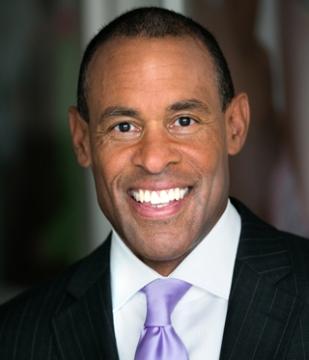
The higher you go in organizations, the more time you should spend listening and asking questions. It keeps you curious, engaged, and humble.
I like to use sports analogies. Whether it’s a baseball, football, or basketball team, success comes from each uniquely talented player working together, complementing each other’s strengths, and pursuing a goal of shared success. That’s true for business, too.
Leaders coach people to succeed.
Understanding the way leaders in Europe, Asia, and elsewhere look at the world and tackle problems has been invaluable to my growth.
Viewing the 30,000-foot and ground levels simultaneously is the biggest leadership challenge. But it’s crucial in a crisis. This can be difficult, but if you do it well, you can reap a tremendous reward.
At Tuck, I learned the value of collaboration, which is where most leadership happens.
Andy Beckstoffer T’66
Chairman and CEO, Beckstoffer Vineyards
Member, Tuck Board of Overseers
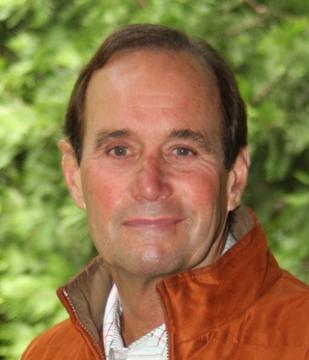
During my years in the Army, I got assigned to the Presidio of San Francisco running the motor pool, which had three or four general drivers—the guys who had run Vietnam and Korea—working for me. Earning their respect was tough. I’ll never forget, there was a sergeant who was in the Rainbow Division—a major-league division in World War II—who wouldn’t salute me. On the day I left, he stood right in the middle of the road and saluted me. That was big.
I’m an entrepreneur who believes my people are the most important thing. I’m responsible for them and want them to feel good working here.
Leadership is about being willing to take risks, make decisions, and be a team player. Genuinely liking people is important, too.
When I came to Tuck, I had two children and was a little bit older than my classmates, but the experience was exactly what I needed. It gave me a bag of tricks to help me understand how people work and how I could compete at the highest levels with intelligence, drive, and aggressiveness.
Take the time to understand, develop, and trust your intuition.
Langley Steinert T’91
Founder and CEO, cargurus.com
Member, Tuck MBA Advisory Board
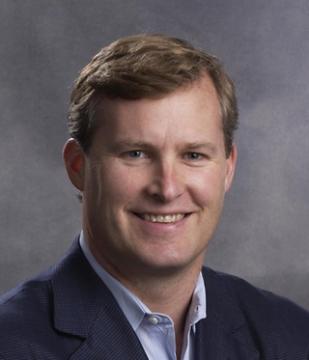
Whether you’re a startup or a bigger company, you survive and grow by being flexible. At both TripAdvisor and CarGurus, we had to throw out the business plan, the product, and the revenue model and start completely all over again.
Anyone in the organization—from the lowest-ranked to the highest—can have an idea for a new product or a new business plan. There are no sacred cows, either. The only requirement is that I want hard, cold data that proves or disproves whether something has merit.
Twice a month, I take five randomly selected employees out to lunch. I ask them to give me suggestions for improvements we can make: everything from office hours to what we serve for meals to our product direction. I can’t promise I’ll change anything, but I usually get one or two cool ideas.
It’s easy to hire people with good-looking resumes. It’s harder to hire really smart people who think outside the box and come up with unconventional solutions.
Tuck does a remarkable job of preparing leaders who are well-rounded, good people who don’t take themselves too seriously.
Liam Kerr T’12
Massachusetts State Director, Democrats for Education Reform
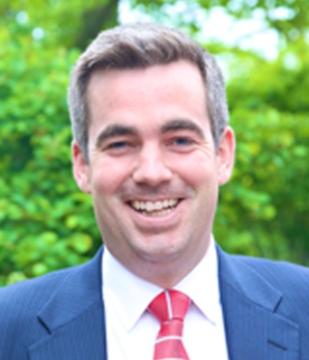
Leadership in the political arena requires creativity, a focus on other people, and the desire to knock down existing societal barriers to success. Never forget that public policy can have a big impact on us all.
You don’t have to be a certain age to be a leader. Just ask anybody on a high school sports team.
Know yourself first, then focus on other people.
I love how personalized the Tuck experience is. You’re able to take stock of who you are, where you want to go, and how you can get there surrounded by supportive, trusting mentors and colleagues.
Bob Searle T’96
Partner, New Profit, Inc.
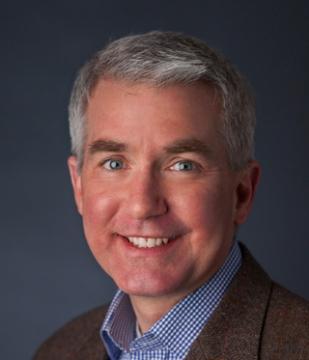
When I was a professional musician, I played in a lot of brass quintets. In a circumstance like that, a high-performing team creates something remarkable by working together and emphasizing each other’s strengths. As a leader, I’ve never forgotten that lesson.
Operate from a place of integrity.
The nonprofit sector doesn’t have the same kind of market signals and motivations as in the business world. A leader trying to make a change must use an enormous amount of soft power and will. You have to help people understand how your vision upholds and enhances the organization’s mission.
I want to apply the things I learned at Tuck and in the business world in a thoughtful way to the nonprofit context to increase impact. That’s the theme for my career.
I’m glad to see that creativity and altruism are still thriving at Tuck. It’s on display in programs like TuckBuilds, which partners incoming students with local Upper Valley nonprofits.
Chris Williams T’84
President and CEO, Williams Capital Group
Chair, Tuck Board of Overseers
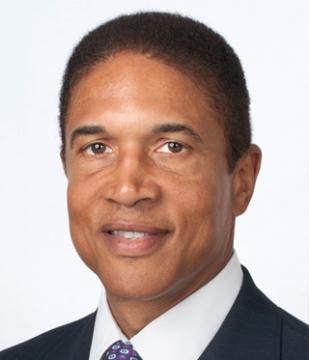
I am very in tune with the individuals with whom I work. I appreciate how important it is to make sure they feel informed and empowered. I believe everyone is most comfortable when the goals are clearly defined and the steps that are needed to succeed are outlined.
Don’t assume that the leader has all the answers. A leader has to empower and rely on his or her team.
During the financial crisis in 2008, our company had a wide range of near-death events in a very short period of time. I heard later that my colleagues derived a great deal of confidence from my hands-on and attentive approach. One even told me that whenever I walked through the trading floor, it meant that everything was going to be OK. While not necessarily accurate, I was pleased to hear the sentiment.
Tuck shapes leaders who not only understand people, but like them as well.
Sandy Cutler T’75
CEO, Eaton
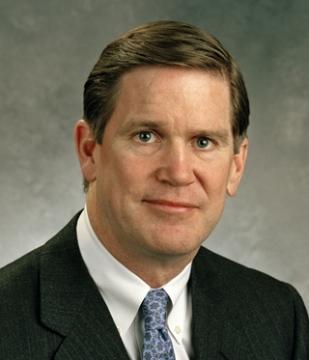
The power of our entire institution comes from having a values-based culture. When people are comfortable with the values that surround them, they’re willing to reach and grow. That’s where true power, imagination, and creativity come from.
Making sustainability a priority is an opportunity for employees to feel good about beneficially impacting the environment in which they live.
Leaders never have a bad day.
Learning does not stop when you leave school. You’re just beginning a lifetime of continuous learning. We’ve created an environment committed to ensuring all of our associates have the opportunity to learn new things as well as from mistakes we’ve all made and want to help others avoid.
Tuck’s collegial, teamwork-oriented structure is one of the reasons we’re so happy to recruit there.
Darci Darnell Bolenbaugh T’00
Partner, Bain
Member, Tuck MBA Advisory Board
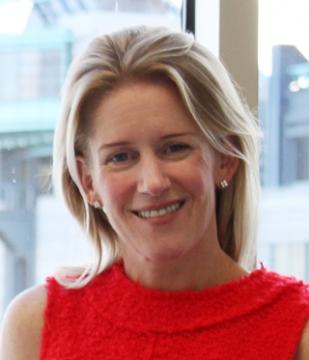
Let yourself shine through.
Know people, understand who they are, and align your message and motivation to the individual through empathy and articulation. It’s important to remember that we’re all human—it’s hard to be inspired by someone who mistakenly believes they’re infallible.
Find your personal passions and align them to value that can be added to your organization. For me, that’s exploring what can be done to get more women into leadership teams so I help lead our Global Women’s Leadership Council.
My Tuck takeaway is self-discovery.
Guillermo Ansaldo T’89
Chief Global Resource Officer, Telefónica
Member, Tuck European Advisory Board
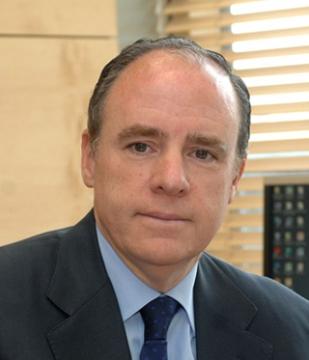
The macroeconomic crises in Argentina and in Spain were hugely challenging. In situations like that, leaders have to make decisions with very little time, trust their team, and keep moving.
Focus on what you have to do, but also on the way you do it.
I feel very proud when people whom I hired or coached become successful. When someone lets me know that I contributed to his or her career, there’s no better feeling.
Balance is the key to everything.
In and out of class, Tuck shaped my leadership philosophy. Being surrounded by so many diverse, talented, and successful people, I learned you can accomplish demanding goals while taking care of your team and that you can lead by inspiring rather than by ordering.